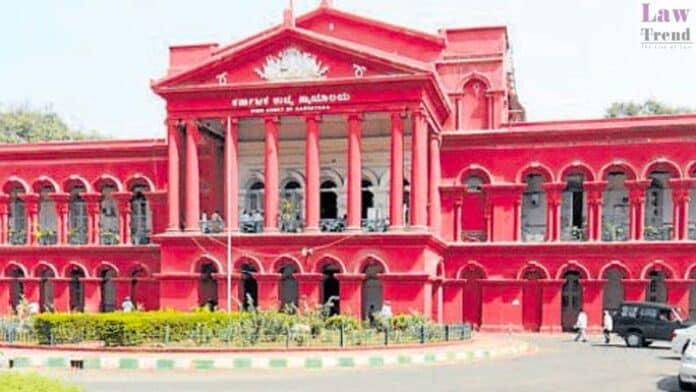The Karnataka High Court has directed the state government to file its objections within three weeks in response to a public interest litigation (PIL) challenging the mandatory imposition of Kannada language instruction in CBSE and CISCE-affiliated schools.
A division bench comprising Acting Chief Justice V Kameswar Rao and Justice C M Joshi issued the order while hearing a PIL filed in 2023 by Somashekar C and other parents whose children study in non-state board schools. The petition contests the constitutional validity of the Kannada Language Learning Act, 2015, the Kannada Language Learning Rules, 2017, and the Karnataka Educational Institutions (Issue of No Objection Certificate and Control) Rules, 2022.
The petitioners argue that these enactments impose Kannada instruction on all schools, irrespective of board affiliation, in violation of students’ fundamental rights, including the freedom to choose their language of instruction. They also raised concerns about the impact on teachers of other languages and potential negative consequences for students’ academic performance and career prospects.
During Friday’s hearing, the bench expressed displeasure over the state’s inaction, noting that objections had not been filed despite the PIL being pending for two years. “For two years you have not done anything,” the bench observed, warning the government to “gear up your machinery” or risk interim relief being granted.
The petitioners have sought a declaration that Rule 6(1) of the NOC Rules is unconstitutional. Alternatively, they have asked the court to strike down Rule 6(2) and exempt CBSE and CISCE schools from the scope of the impugned provisions. They clarified that their petition is not against Kannada as a language but against its compulsory imposition through legislative mandates.
Citing a previous Karnataka High Court order that stayed the state’s attempt to mandate Kannada in undergraduate courses, the PIL also references the Union Government’s clarification that the National Education Policy (NEP) 2020 does not endorse the forced imposition of any particular language.
While the petitioners sought an interim stay on the enforcement of the rules, the court declined to grant such relief at this stage, deferring further action until the government submits its response.
The matter is now expected to move forward once the state files its objections within the court-mandated timeline.




